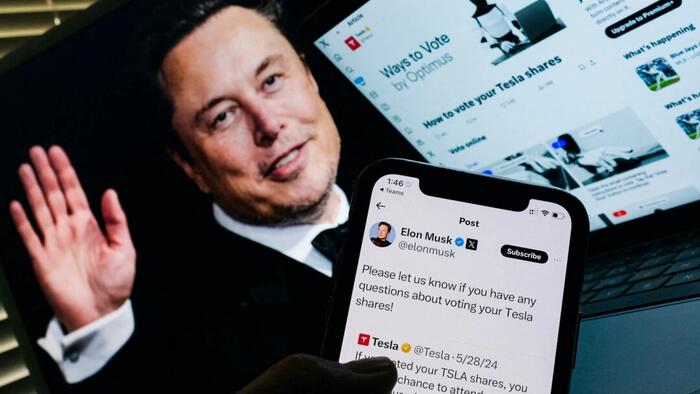A California court recently dismissed a class action certification for a lawsuit involving Twitter, where a former employee alleged that the company failed to pay promised bonuses to laid-off workers. The lawsuit was filed by Mark Schobinger, who served as Twitter’s senior director of compensation during the turbulent period of Elon Musk’s acquisition of the company in 2022-2023. The U.S. District Court in Northern California ruled on October 16 that the company had no obligation to disburse the bonuses, highlighting that such payments were discretionary based on existing company policy. Schobinger had claimed that he accepted the employment conditions under the premise of receiving a bonus if he remained with Twitter through the acquisition period, which ultimately did not materialize.
According to court documents, Schobinger maintained that promises made to employees in 2022 regarding bonuses were contingent on their continued employment. However, the court emphasized that the company’s discretion in paying bonuses was an undisputed fact under the terms of the bonus policy. The claims were further complicated by evidence indicating Schobinger’s conflicting statements made during his tenure, including messages to the “Head of People Experience” where he acknowledged that the decision to pay bonuses lay with Musk, and suggested it might be prudent not to pay them. These contradictions led U.S. District Judge Vince Chhabria to rule that Schobinger was not a suitable class representative.
The judge scrutinized Schobinger’s fitness as a class representative further, observing that his arguments against the payment of bonuses while still employed raised questions about his credibility. Schobinger’s deposition revealed confusing rationalizations for his dual stance—believing he was entitled to a bonus while simultaneously recommending against payment. The court found such conduct unacceptable for representing other employees who claimed they deserved bonuses. Judge Chhabria concluded that Schobinger’s situation likely disqualified him from adequately advocating for fellow workers who may have legitimate claims against Twitter.
Additionally, the court noted that a substantial number of potential class members had signed arbitration agreements with Twitter, which explicitly waived their rights to pursue class action lawsuits. This legal hurdle offered another complication for the lawsuit, as it limited the pool of eligible claimants within the framework of the proposed class action. These contractual obligations further weakened Schobinger’s suit, suggesting that many affected employees wouldn’t be able to join the class even if the court permitted the lawsuit to proceed.
This ruling is part of a larger context in which numerous former Twitter employees have pursued legal action following mass layoffs that occurred after Musk’s acquisition. In a separate case earlier in August, a lawsuit brought by disabled employees claiming discrimination under the Americans with Disabilities Act was dismissed by another judge who found that there was insufficient evidence to support the assertions made about differential treatment related to the layoffs. The judge pointed out that the claims were overly reliant on assumptions regarding the needs of disabled employees, further displaying the rigorous scrutiny that such lawsuits are undergoing.
In another case also referenced, a group of former staff members challenged the company regarding its severance package promises, seeking upwards of $500 million for inadequate severance pay after being terminated. The court found that Twitter had clearly notified employees post-acquisition of the reduced severance benefits, leading to the dismissal of their lawsuit. These outcomes suggest that the legal challenges facing Twitter and its new management are complex, as many ex-employees grapple with the ramifications of abrupt employment changes and their respective legal rights in the wake of the acquisition by Musk. Overall, these cases exemplify the difficult intersection of corporate policy and employee rights, particularly in rapidly changing business environments.

